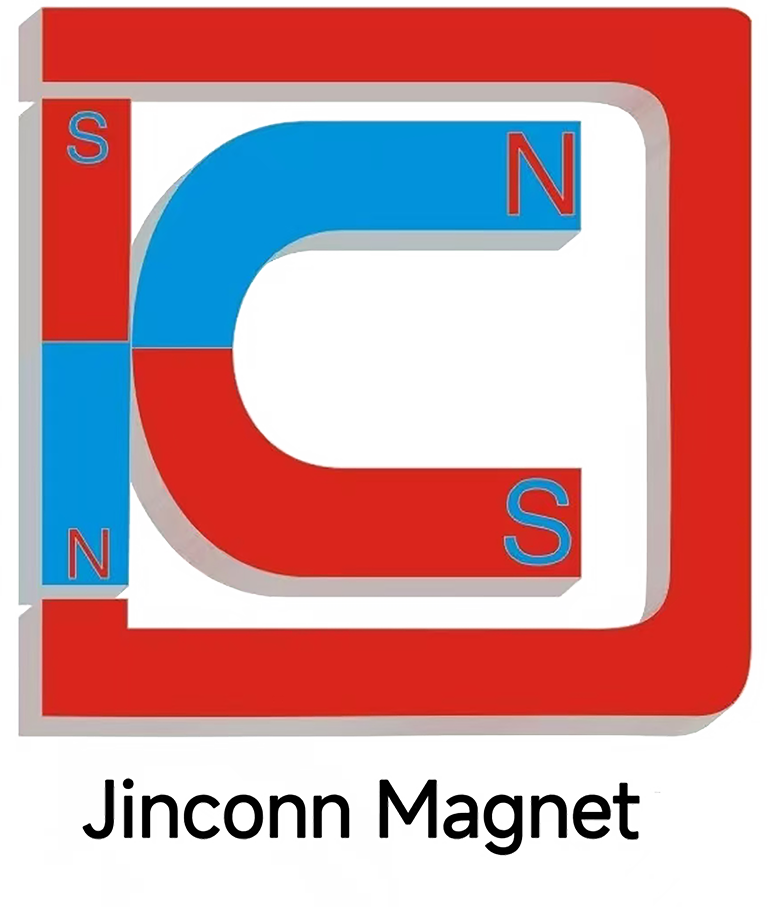Magnetic Materials for Smart Manufacturing and Green Technologies
The Role of Magnetic Materials in Smart Manufacturing and Green Technologies
As the world accelerates its transition toward smart factories and sustainable technologies, the strategic use of rare earth magnets and soft magnetic materials is proving more valuable than ever. Their integration in intelligent systems, energy solutions, and environmentally responsible products is shaping the future of industry.
Empowering Smart Systems with Advanced Magnets
In Industry 4.0 environments, rare earth magnets—particularly neodymium magnets (钕铁硼磁铁)—are pivotal for precision control, efficient power conversion, and miniaturization. Smart robotics, automated guided vehicles, and next-gen sensors rely on these magnets for their high coercivity (高矫顽力), ensuring stable and predictable operation under fluctuating electromagnetic conditions. This is critical in high-speed assembly lines and quality inspection systems where reliability cannot be compromised.
Temperature control is another essential factor in modern automation. The superior high temperature resistance (耐高温) of 钕铁硼磁铁 enables seamless function in factory equipment that operates non-stop or in variable climates. This capability reduces the risk of breakdowns and maintenance costs, directly boosting productivity.
Corrosion Resistance and Longevity for Green Applications
Green technology sectors, including renewable energy, electric vehicles, and water purification, place strong emphasis on durability. Rare earth magnets engineered for high corrosion resistance (耐腐蚀) are vital in offshore wind farms, solar panel actuators, and electric mobility platforms. They prevent degradation from exposure to humidity, chemicals, or salt, resulting in longer equipment life and lower replacement rates.
Soft magnetic materials complement these benefits by enabling energy-efficient power management. Their ability to quickly respond to changing magnetic fields with minimal loss is fundamental in grid-connected storage, inverter technology, and hybrid vehicle powertrains.
Customization: The Engine of Innovation
The rise of custom magnet solutions (可支持定制化磁铁方案) has transformed the way product designers approach system integration. Today’s engineers collaborate with magnet specialists to develop components that meet precise requirements for size, field strength, and environmental compatibility. In smart wearable devices, for example, miniature 钕铁硼磁铁 must provide high coercivity and withstand both汗液 and rapid temperature shifts, while custom coatings deliver needed corrosion resistance (耐腐蚀).
Customization extends to the design of soft magnetic cores for inductors and transformers in smart grids and EV charging infrastructure. Through advanced modeling, materials can be tailored to achieve optimal frequency response, minimize losses, and maximize energy transfer.
Meeting the Demands of the Green Economy
Environmental responsibility is driving magnet manufacturers to innovate in both material efficiency and end-of-life recycling. High temperature resistance (耐高温) and corrosion protection (耐腐蚀) are increasingly achieved through sustainable coating techniques and material choices. Companies are also focusing on reclaiming rare earth elements from spent magnets to close the loop on raw material usage.
In energy storage and conversion, high coercivity (高矫顽力) magnets and finely engineered soft magnetic materials work together to deliver compact, high-output devices. The combination is essential for scaling up renewable power grids and developing new types of batteries and flywheel systems.
Future Directions
Smart Factories: Automated production lines use钕铁硼磁铁-based actuators and high-frequency soft magnetic components for adaptive motion, rapid switching, and real-time monitoring.
Clean Transportation: Next-gen electric motors and regenerative braking systems depend on magnets with high coercivity (高矫顽力),耐高温, and可支持定制化磁铁方案to meet both efficiency and safety demands.
Green Energy Infrastructure: Wind, solar, and hydroelectric installations require both corrosion-resistant (耐腐蚀) rare earth magnets and soft magnetic materials engineered for continuous operation in variable climates.
Conclusion
In smart manufacturing and green technology, the careful selection and customization (可支持定制化磁铁方案) of magnetic materials—钕铁硼磁铁,耐高温,耐腐蚀,高矫顽力—are fundamental to realizing efficiency, longevity, and innovation. As industries seek cleaner, more resilient solutions, the partnership between rare earth and soft magnetic materials will be central to future breakthroughs.




Jinconn WeChat









